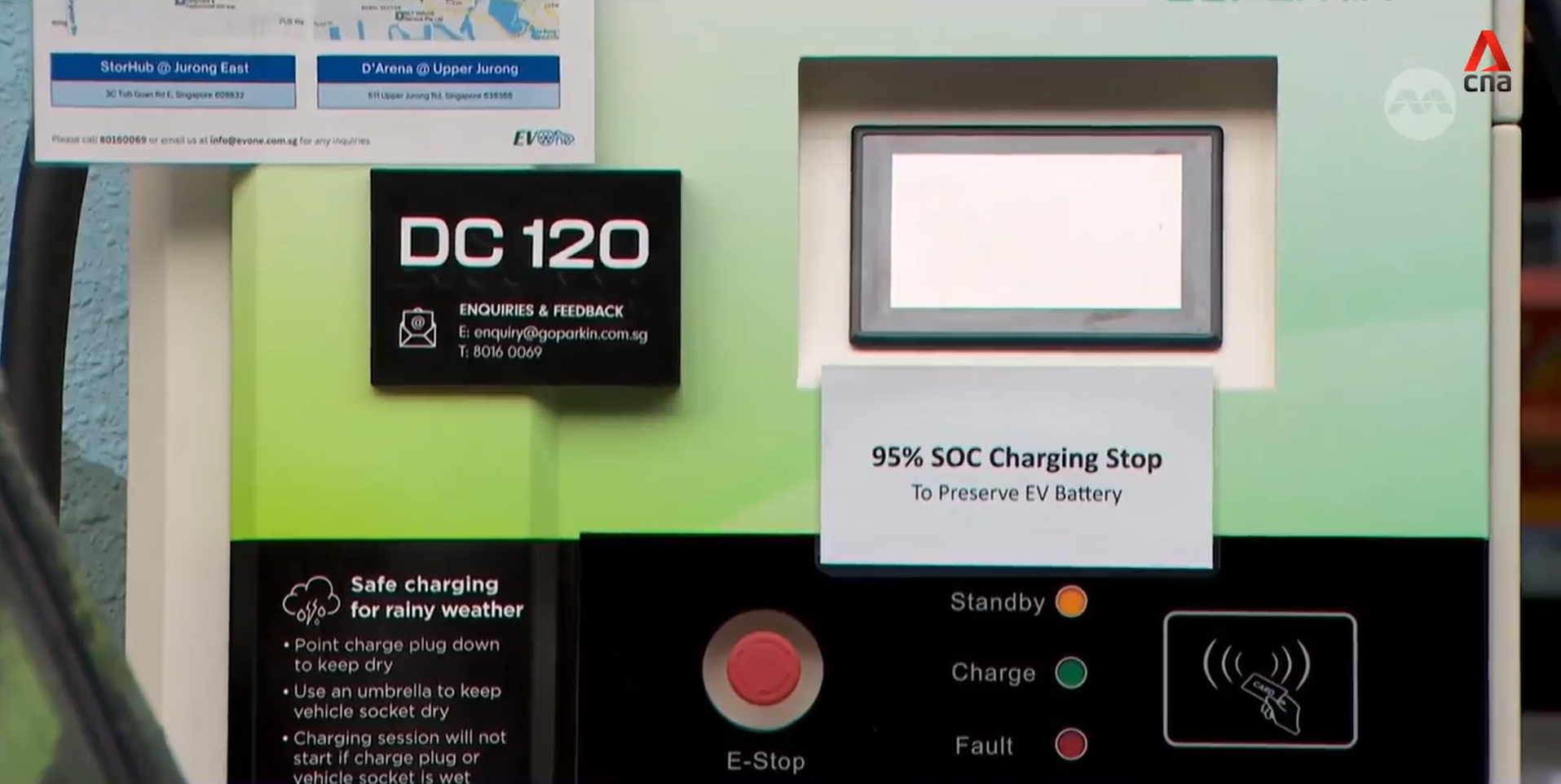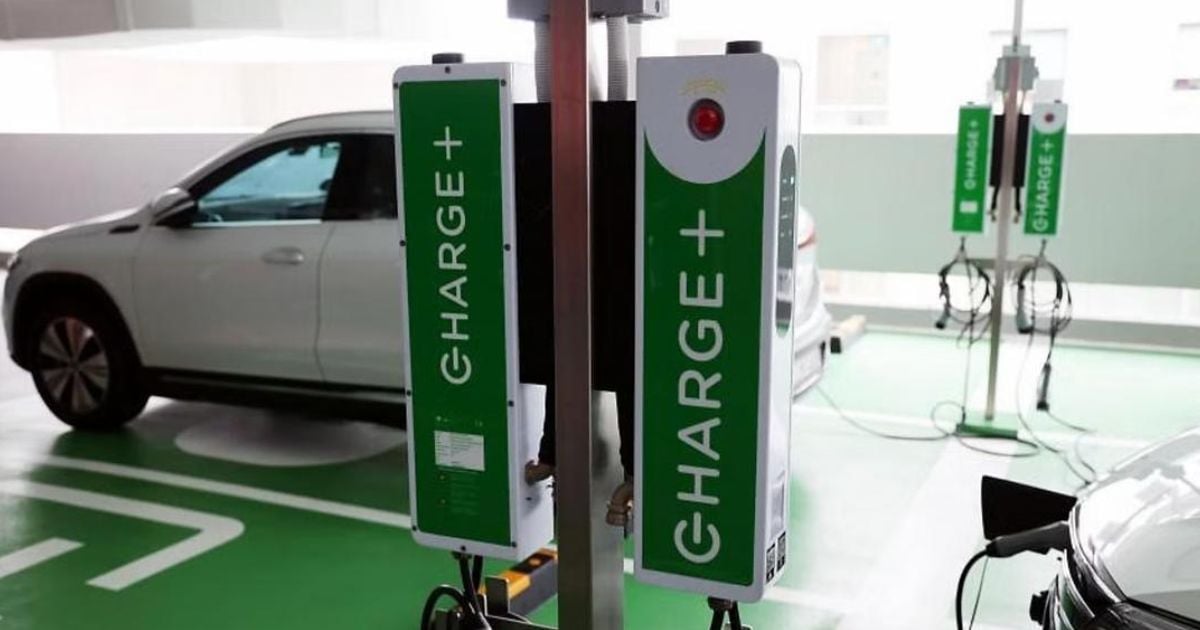Picture this: you and your friends are staying in a hotel room overseas. When your phone battery runs low, you look for an outlet to charge it only to discover that there’s only one outlet in the entire room, and it’s currently being used by your friend. You turn on your friend’s phone and notice it has already charged to 100% so you unplug it and start charging yours instead.
Now imagine this – what if your phone was at 1% and you couldn’t unplug your friend’s phone? Your phone would just die, right?
Having a dead phone is tragic especially when overseas, but it’s not the end of the world.
What’s even worse than having a dead phone, though, is a dead car.
You can just pick up your phone and bring it to a charger, but I don’t think an average person can lift up a car.
EV Users Overstaying
In recent years, electric vehicles (EV) have become more popular as they are better for the environment, are energy efficient, and save drivers on petrol.
In fact, SMRT is even looking to change all 1,796 of its taxis to electric vehicles by 2026.
As EVs become more popular among drivers, it’s getting increasingly harder to find a place to charge one’s car.
Some EV users would often not leave the charging lot even after their car has fully charged. It’s kind of like how you leave your phone or laptop charging even though it’s already at 100% because you’re lazy to unplug it.
“I’ll just unplug it when I use it later.”
Sound familiar? That’s pretty much what has been going on in the EV community.
While leaving your device charging doesn’t really affect others, leaving your car charging does.
Because they’re unable to find a vacant charging lot, some EV drivers have almost had their car battery go flat before they could get to a charger.
If it happens once, it’s probably nothing more than an inconvenience. However, if you’re constantly unable to charge you car because others are overstaying, it can become a significant issue.
Fortunately, EV companies have been working to address this issue.
EVOne – Education
Charging operator EVOne has begun attaching signs to chargers to let EV drivers know that electric vehicles don’t always need to be fully charged.

It also sends users similar reminders on WhatsApp.
In the event that someone stays longer than necessary, and another driver wants to use the charger, EVOne will ask to unplug their car.
EVOne’s Chief Charging Officer, Toh Ann Cher, noted that they have been receiving fewer complaints of overstaying, and that their new initiatives have helped drivers to be mindful when charging their cars.
EVOne’s charging stations were involved in a a Pilot EV Bus project initiated by the Land Transport Authority (LTA). The charging stations were finished in 2019 and have been in operation for more than three years.
Another charging company, CHARGE+, has taken a slightly more aggressive manner to tackle this problem.
One of CHARGE+’s charging spots sees some 30 to 40 cars a day, so competition is high.
To prevent cars from hogging the spot, cars that stay beyond a full charge will have their wheels clamped after a 15 minute grace period.
In the next few months, CHARGE+ will also start imposing idle fees through its app.
These initiatives are expected to be effective in reducing the number of drivers who overstay at charging points.
CHARGE+ also added that they will continue to add more charging points across the island to ensure that cars that need a boost will get one. They aim to operate 4,000 charging points in public housing estates of Central, North, North-East and West, and have 800 charging points already installed or being implemented in condominiums.
By 2030, CHARGE+ will implement 30,000 charging points. This includes charging points in Singapore and other Asian countries such as Malaysia and Indonesia.
